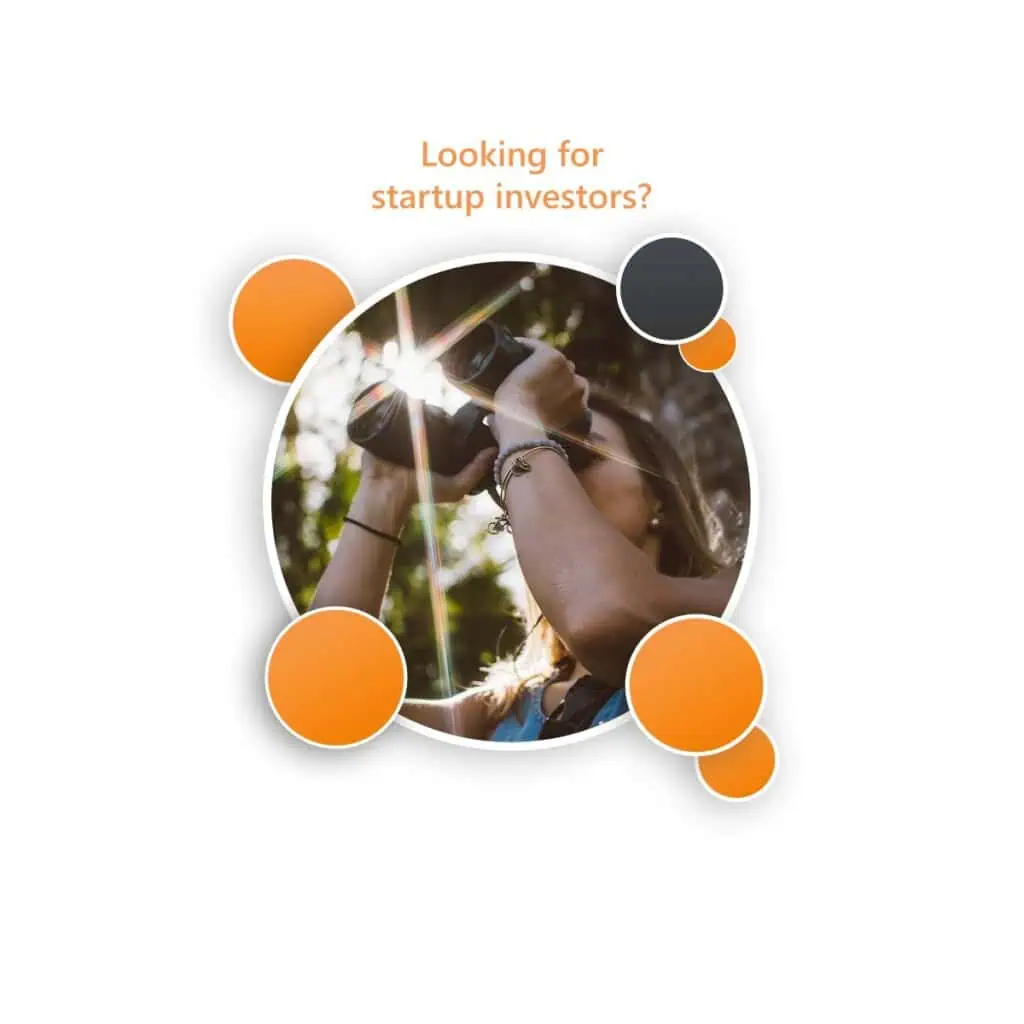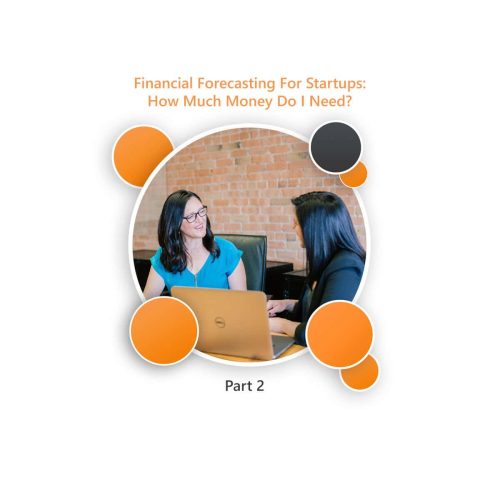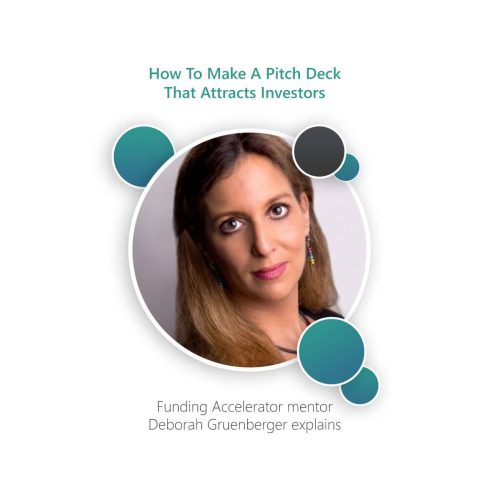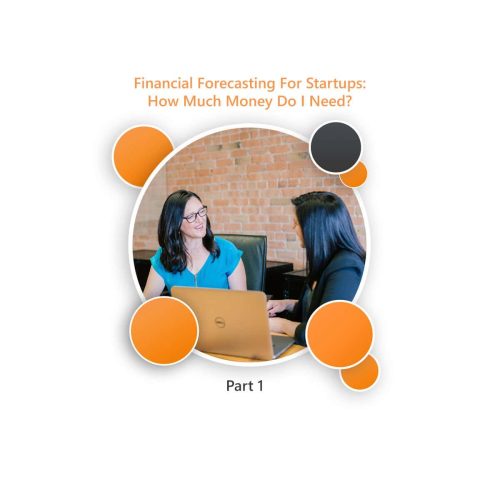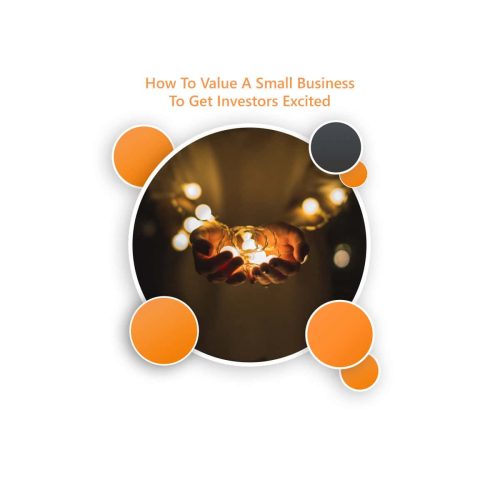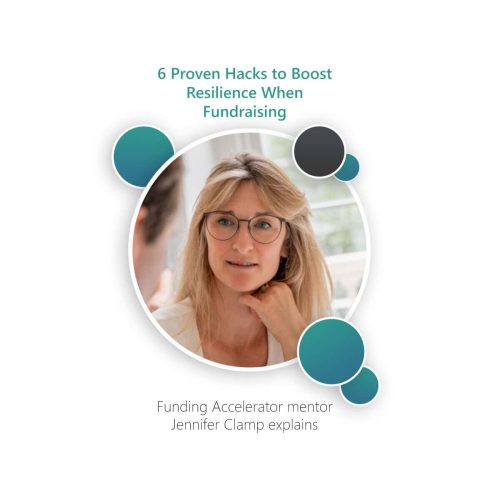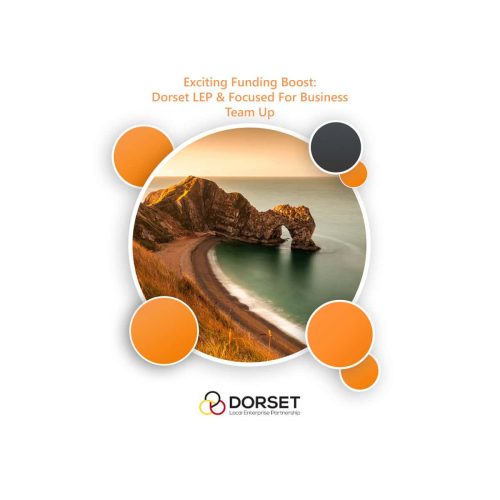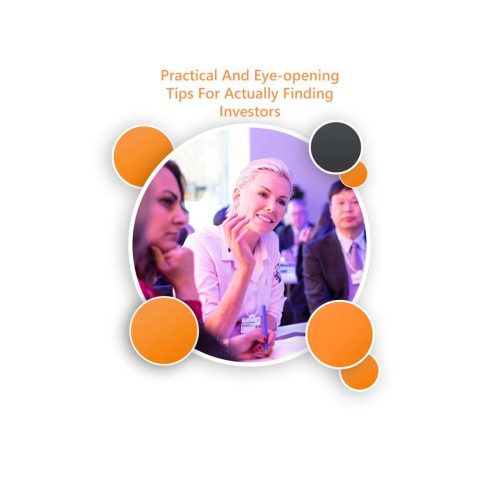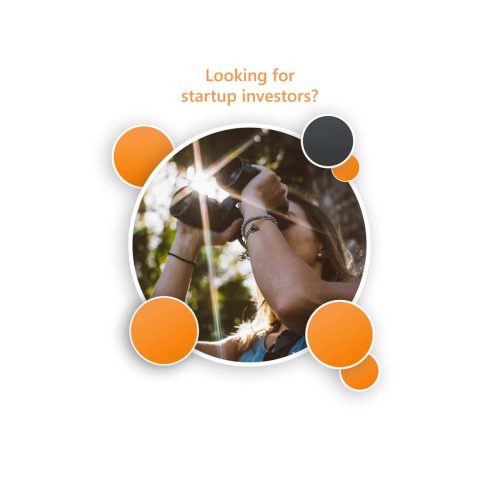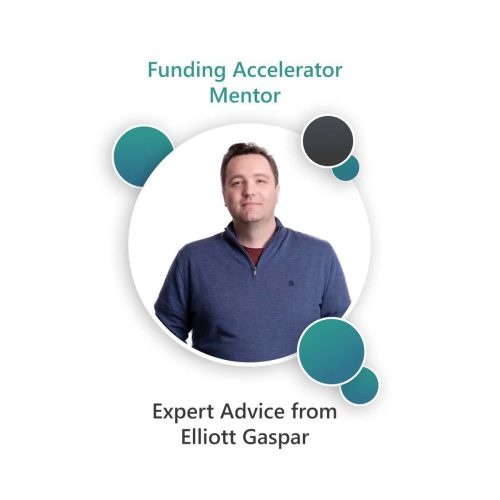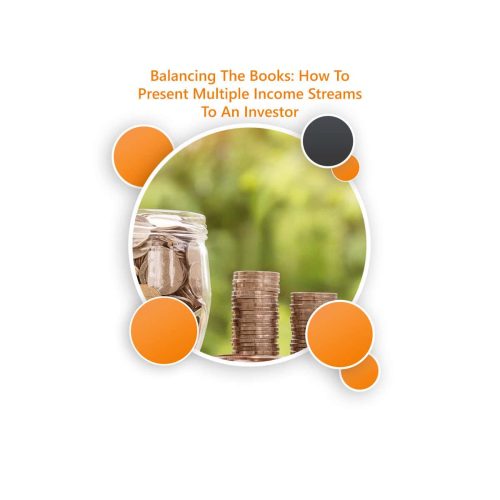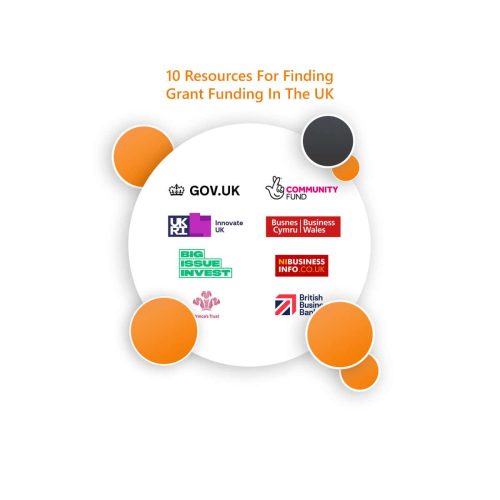Starting a business is exhilarating, but securing the startup funding to fuel your dreams can be daunting. Not only do you need to prepare your business to become “investment ready,” but you also need to find the right startup investors. In this guide, we’ll walk you through the essentials, focusing on equity funding—the lifeblood of many successful startups.

Understanding Your Startup Funding Options
Before you start looking for investors, it’s crucial to understand the different funding options available. These can range from equity financing and debt financing to various types of grants. Here, we focus on equity funding, where investors become partial owners of your business by buying shares.
Startup Investors: Recognising The Different Types of Investors
Investors come in various forms, and knowing who might be interested in your venture is key. While Angels and VCs are well-known, other types of investors also play crucial roles in equity investments.
Friends & Family: For early-stage support, turning to friends and family can be a reliable source of startup funding. They know you, understand your passion, and might be willing to back you with early investment. To avoid souring relationships, be clear about the risks and maintain professionalism in financial arrangements.
Crowdfunding: Platforms like Kickstarter and Indiegogo allow startups to present projects to the public, securing funds from a community of backers in exchange for rewards or early access. Equity crowdfunding platforms like Crowdcube and Seedrs enable investors to buy shares in your business.
Accelerators and Incubators: While not direct investors, accelerators and incubators provide funding, mentorship, and resources in exchange for equity. These programs can open doors to a network of investors, increasing your chances of securing additional funding.
Angels: Business angels are individual investors who use personal capital to invest in startups. They often bring valuable business experience, sector knowledge, and networks that can help secure sales, partnerships, or further investment.
Family Offices: These private wealth management entities handle the financial affairs of affluent families. They often engage in direct investments, providing significant capital and strategic guidance aligned with the family’s long-term goals.
Venture Capitalists (VCs): VCs manage pooled money from various sources to invest in startups and small businesses. They look for high-growth potential and a solid return on investment, typically backing startups that are already generating revenue.
Corporate Investors: Part of larger corporations, these investors offer financial backing along with strategic value through industry expertise, mentorship, and potential partnerships.
This isn’t an exhaustive list. As your business matures, other financing sources like strategic partnerships or private equity may become available.
Startup Investors Preferences Matter
Just like customers have brand preferences, investors have specific criteria for the businesses they back. We’ve previously discussed how to make your business attractive to investors. Investors look for certain criteria, such as sector, stage of development, and traction achieved. Focusing on investors who align with your business increases your chances of success.
Take a look at some further reading on this here: “Why Raising Investment for a Startup is as Simple as Baking a Cake” and “Traction Makes it Quicker to Raise Funding For a Startup“
Create Your Target Investor Profile
We encourage the startups we work with on Funding Accelerator to develop a clear understanding of their ideal investor, known as a Target Investor Profile. Similar to an ideal customer profile, this helps you focus on investors aligned with your business’s sector, stage, and traction level. This targeted approach ensures you’re not casting a wide net but strategically aligning with potential investors.
Building Your Startup Investor Hit List
Once the startups we work have developed a Target Investor Profile, we support them by giving them the names of investors that match their profile and back businesses like theirs. We call this a “Hit List”. You can create a Hit List of potential backers yourself using platforms that help you find investors. Here are a few options:
Companies House
Companies House is the official register of companies in the United Kingdom, providing a comprehensive database of company information and ownership details.
- Pros: An exhaustive source of data about ownership of UK companies.
- Cons: Extracting the data can be challenging and may involve some heavy lifting.
Beauhurst or Pitch Book
Platforms offering valuable data on companies and investments
- Pros: They offer good data.
- Cons: They come at a cost; however, the investment can be worthwhile if you’re serious about finding the right investors.
Ship Shape
A free investor search engine that helps you find the individuals at VC firms interested in your specific domain.
- Pros: Great for identifying individuals within VC firms intested in your domain.
- Cons: More focused on Funds and VC than angel investors
Scribe Labs
A database of 150K Angels & Institutions and their UK investments
- Pros: An exhaustive source of data about ownership of UK companies.
- Cons: Once you’ve extracted the names of investors, you will need to find ways to contact them. Scribe can help with some LinkedIn and email data but you will also have to use your own routes to finding the investors.
UK Business Angel Association
A resource providing insights into angel investors.
- Pros: A valuable resource if trying to find UK based angel investors.
- Cons: It may not cover all potential backers, limiting the scope of available information.
Crunchbase
Database providing information on companies, key personnel, and funding rounds.
- Pros: Comprehensive
- Cons: Data is not always up to date. Free version has limitations; premium features require a subscription.
CB Insights
An intelligence platform providing insights into investment trends, startups, and market intelligence.
- Pros: Offers good insights
- Cons: Premium features come at a cost; more suitable for in-depth market research.
Funding Accelerator: A Shortcut to Success
If you want to fast-track your search for startup investors, consider our Funding Accelerator program. We help you define the “right” investors, create a Target Investor Profile, and build a Hit List. We also establish a process for reaching out, securing meetings, and building lasting relationships that lead to investment.
- Pros: We help you identify and connect with the right investors, streamline the investment process, and offer strategic guidance.
- Cons: Upfront costs and suitability only for startups with specific criteria (early traction, looking to raise £100k-£1m).
Ready to Supercharge Your Funding Journey?
Finding startup investors may seem daunting, but with the right approach, it can become a streamlined process. Develop your Target Investor Profile, create a Hit List using various platforms, and consider joining our Funding Accelerator for a shortcut to success.
For more information:
- Find out more about Funding Accelerator
- Or bring your funding questions to a Funding Strategy Workshop
- How To Utilise Marketing Channels To Determine Product Demand - October 24, 2024
- This Is What Investors Want To See Before Backing Your Business (Minimum Viable Product) - October 24, 2024
- Looking For Funding? Here’s Your Step-By-Step Guide to Finding Startup Investors - October 7, 2024

